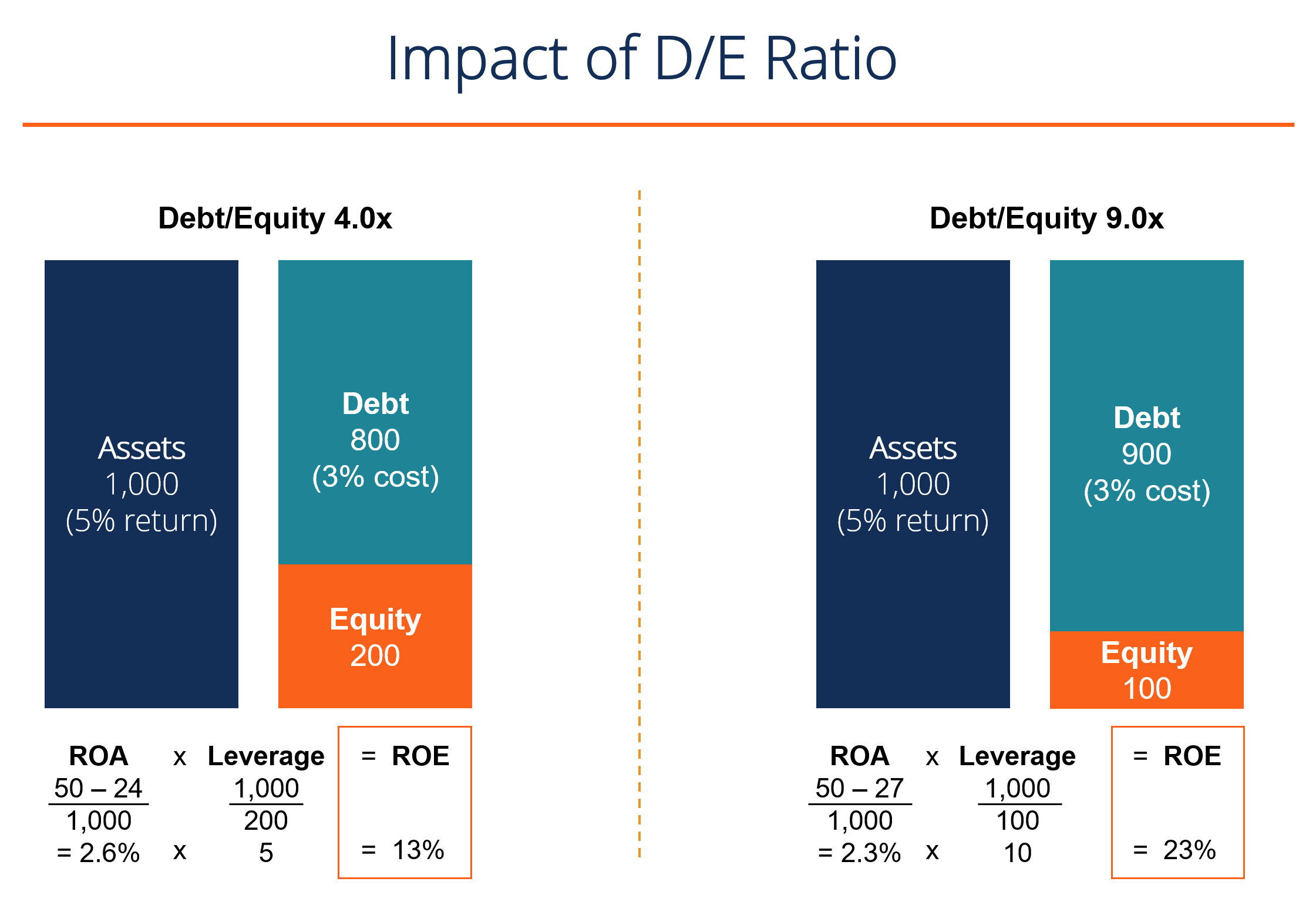Some permit 10 years to be paid off. That's a lot less time than a 30-year set mortgage. "The balloons can be a trap for a purchaser," says Bruce Ailion, an attorney and a genuine estate agent at RE/MAX Town and Nation in Atlanta. For instance, if a purchaser puts down 20 percent on a home and it rises 20 percent in value in five years, they now have great equity in the property, Ailion states. But when the balloon comes due and the buyer can't re-finance, they could be foreclosed upon by the seller and the seller would get the equity.
" They can go to a tough money lender at most likely triple the rate for a 1-2 year term. Balloons are bad concepts," he states. And if rate of interest double in five years, the buyer might not get approved for the higher payment to settle the balloon, he says. If purchasing a home is more economical than renting, then seller funding can be an excellent temporary solution if you do not get approved for traditional financing. Once you enhance your credit report or do whatever else it takes in a year approximately to improve your finances, then refinancing may be your most intelligent alternative.
Owner financing is a circumstance in which the owner of a house or other piece of realty consents to offer financing for prospective debtors in lieu of bank or personal funding. Generally, this takes place by the purchaser of a residential or commercial property making payments directly to the owner of a residential or commercial property over several years. Official loan documentation is typically completed throughout the sales process. Regards to the loan, including rates of interest and monthly payment, are settled before closing. The deed to the residential or commercial property is kept by the seller until the residential or commercial property has actually been settled, much like a normal bank loan.
Owner funding can be an excellent way for somebody with bad credit or other issues with obtaining a conventional mortgage to buy a piece of residential or commercial property (What is a future in finance). It can also be a great way for a seller to bring in a buyer to his/her home.
By Tony Guerra Updated July 18, 2017 A property owner with a home loan can provide seller-carried funding but it's often challenging to actually do. In uncertain real estate markets the lack of certified buyers typically frustrates enthusiastic house sellers. A lack of qualified buyers typically adds to the seller's problems. Home sellers, wanting to increase their purchaser pools, may pick to use seller-carried funding, even if they still have home mortgages on their homes. Seller-carried financing on mortgaged homes can be done, though sellers must structure their house sales thoroughly. For one, a home seller-buyer purchase agreement has actually to be written detailing that payments must be made to the seller.

Purchasers of already-mortgaged homes that miss out on payments made directly to sellers' home loan lending institutions invariably bring in severe loan provider attention. Home loan due-on-sale stipulations make sure that home loan lending institutions are settled when the residential or commercial properties underlying those home loans are sold or transferred. Offering a mortgaged home sets off the mortgage's due-on-sale stipulation, leading to lender velocity of the home loan and need for payment. A mortgaged house offered using seller-carried funding is both an installment sale and a property interest transfer. In many cases, selling a house utilizing seller-carried funding can trigger a home mortgage lending institution to accelerate its loan and even attempt foreclosure. Lots of mortgage specialists maintain that mortgage loan providers rarely offer authorization for their customers to sell their houses utilizing seller-carried funding. Which of the following can be described as involving direct finance?.
Furthermore, mortgage and due-on-sale clauses are a matter of contract law, with breaches managed as agreement concerns. Supporters timeshare debt collection laws for seller-carried funding constantly recommend house sellers with mortgages to think about all dangers, however, prior to offering seller funding. Sellers of mortgaged homes carrying their buyers' financing own the initial home mortgages and are still responsible for making their payments. Mortgaged house sellers bring their buyers' funding should be prepared to make their original home loan payments if their purchasers miss their own payments. Also, purchasers of houses for which sellers are bring their financing earn equitable title ownership rights. It can be tough to force out or foreclose house buyers in seller-carried financing scenarios when they declare a fair ownership right.
The smart Trick of What Credit Score Is Needed To Finance A Car That Nobody is Discussing
Since of all these issues individuals resort to https://beterhbo.ning.com/profiles/blogs/little-known-questions-about-how-to-finance-a-new-business renting. However as you might already know, leasing is the same as tossing money out of window. Leas are going higher every year. The other choice is rent-to-own/lease purchase (What credit score is needed to selling a timeshare without upfront fees finance a car). We encourage our consumers to prevent this option at any cost since you do not get a Deed to the home. No Deed suggests you are not the owner and you can lose your house, even though you pay as agreed and on time. Simply due to the fact that the owner can go through personal bankruptcy, divorce, lawsuit, IRS tax liens. They can even die, alter their mind or don't work together.